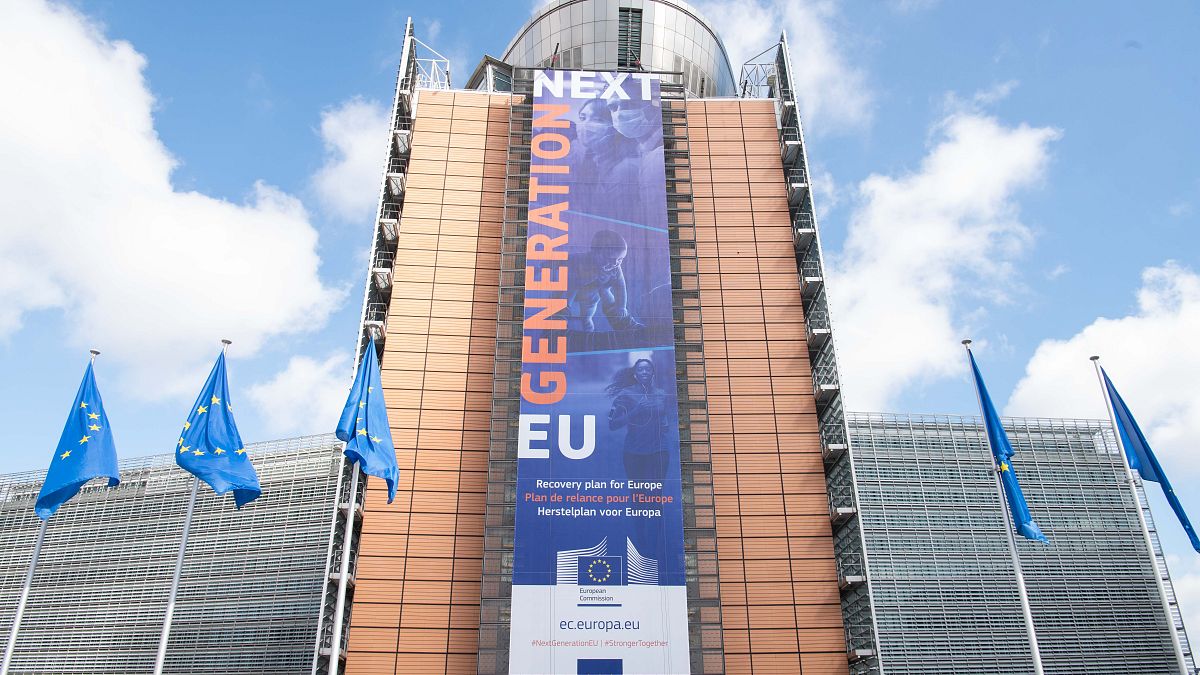The European Union budget for 2025 is set to be a contentious issue as MEPs have rejected proposed cuts to key EU programmes, including the Erasmus+ student mobility programme and the Horizon Europe research programme. Leading lawmaker Victor Negrescu emphasized the importance of maintaining funding for these programs in order to meet citizens’ needs and provide flexibility for unforeseen events in the coming years. The Parliament’s adopted stance for negotiations over the final 2025 budget sets the stage for intense political battles between the Parliament and the Council on how to pay interest rates on post-pandemic recovery funds, which have increased sharply since initial estimates for 2021.
Negrescu argued that the EU budget should not be constrained by interest rates and called for unused funds from the EU’s multiannual budget to be allocated towards citizens’ needs, rather than returned to member states. The Council, representing member states, is seeking cuts to some EU programmes, which Negrescu views as an austerity proposal. Hungarian minister Péter Banai warned MEPs that the Council would not accept all of the Parliament’s amendments, emphasizing the need for a clear distinction between more and less important issues. Questions were raised about the source of additional financing, with concerns over potential tax increases or increased indebtedness for the EU.
While the Parliament and the Commission are aligned on certain priorities such as cohesion, agriculture, border protection, humanitarian aid, and defense, negotiations are expected to center on meaningful adjustments to various programs. Outgoing budget commissioner Johannes Hahn stressed the importance of clear prioritization of proposed amendments and concessions on both sides as discussions continue. With all three institutions’ positions established, a timely deal must be reached by 18 November to ensure approval by the end of the year.
Overall, the upcoming negotiations over the EU budget for 2025 are expected to be intense and require careful consideration of priorities and concessions from all parties involved. The rejection of proposed cuts by MEPs highlights the importance of maintaining funding for key EU programs and ensuring flexibility for future needs. The differing perspectives of the Parliament and the Council on how to address interest rates on post-pandemic recovery funds will likely be a key point of contention throughout the negotiations. It is crucial for all parties to engage in meaningful discussions and find common ground to reach a timely agreement by the November deadline.











